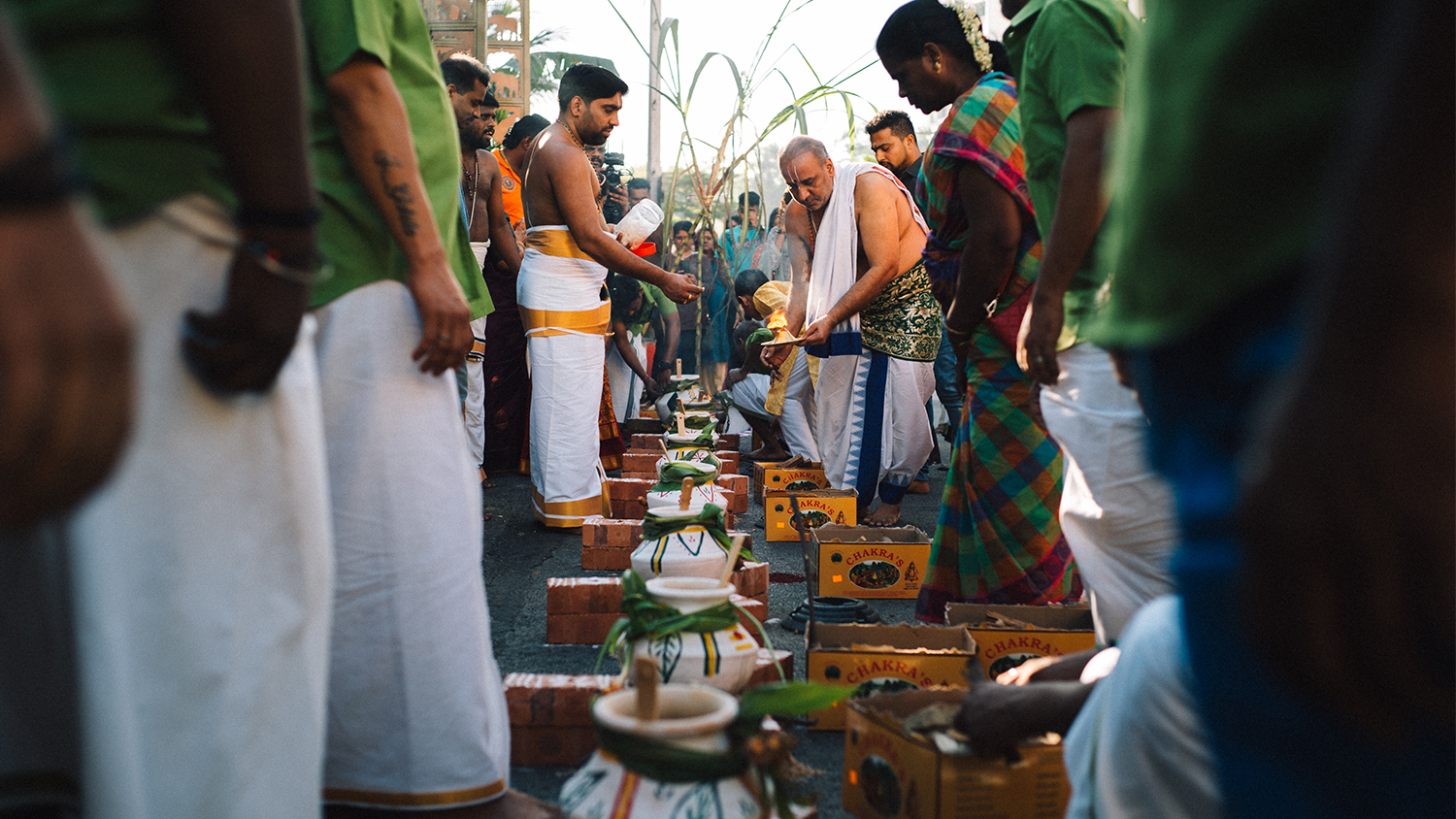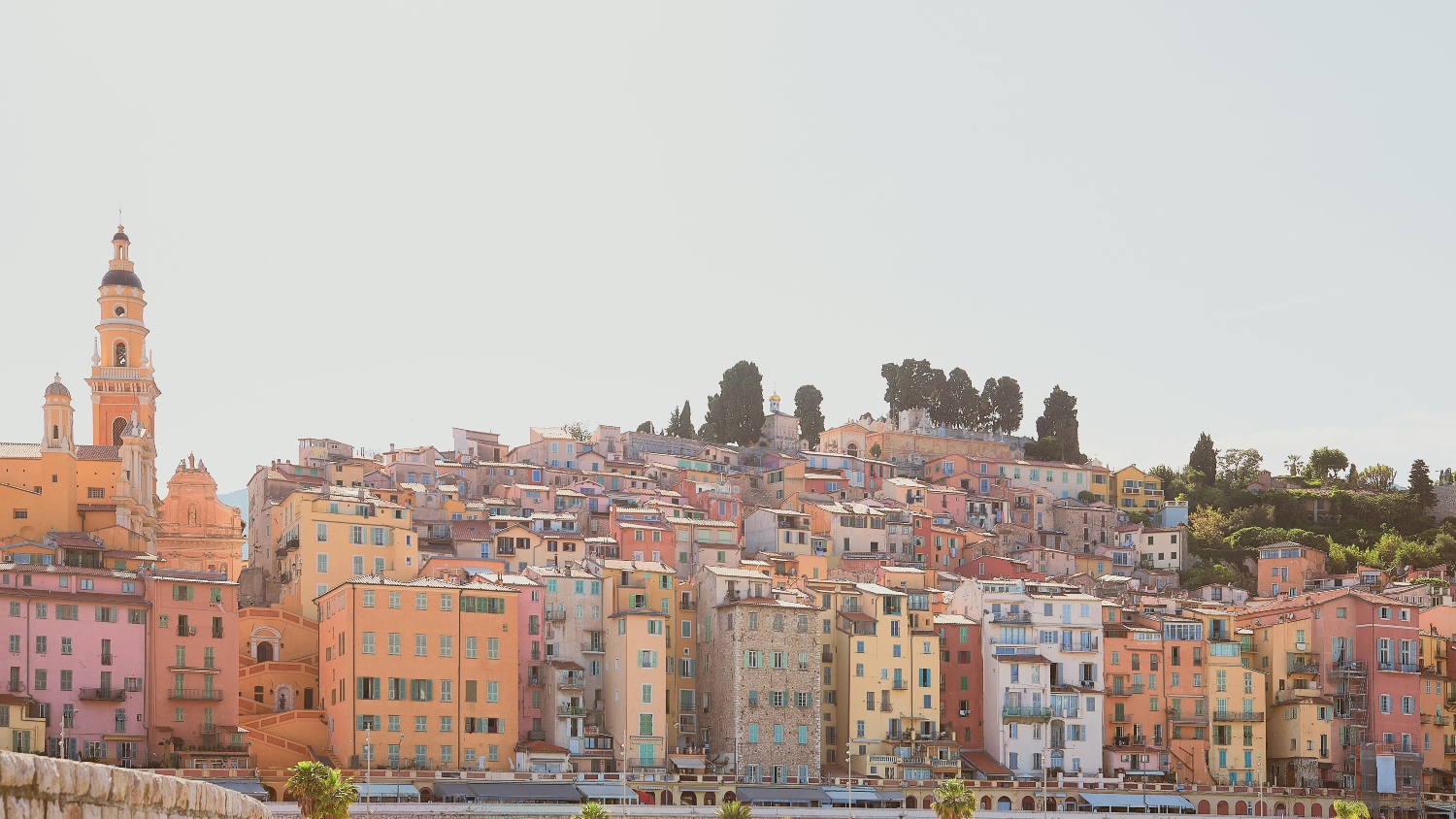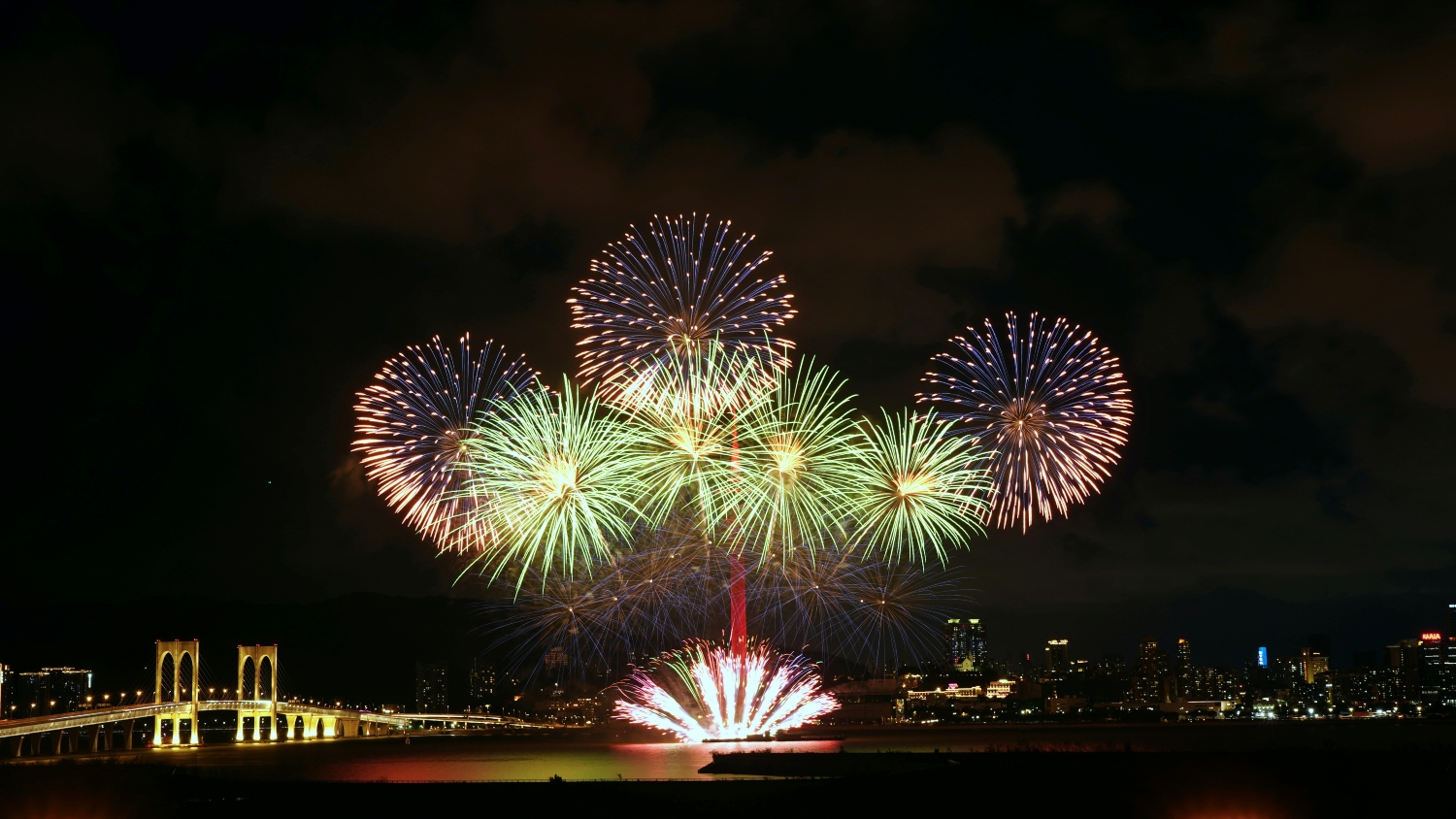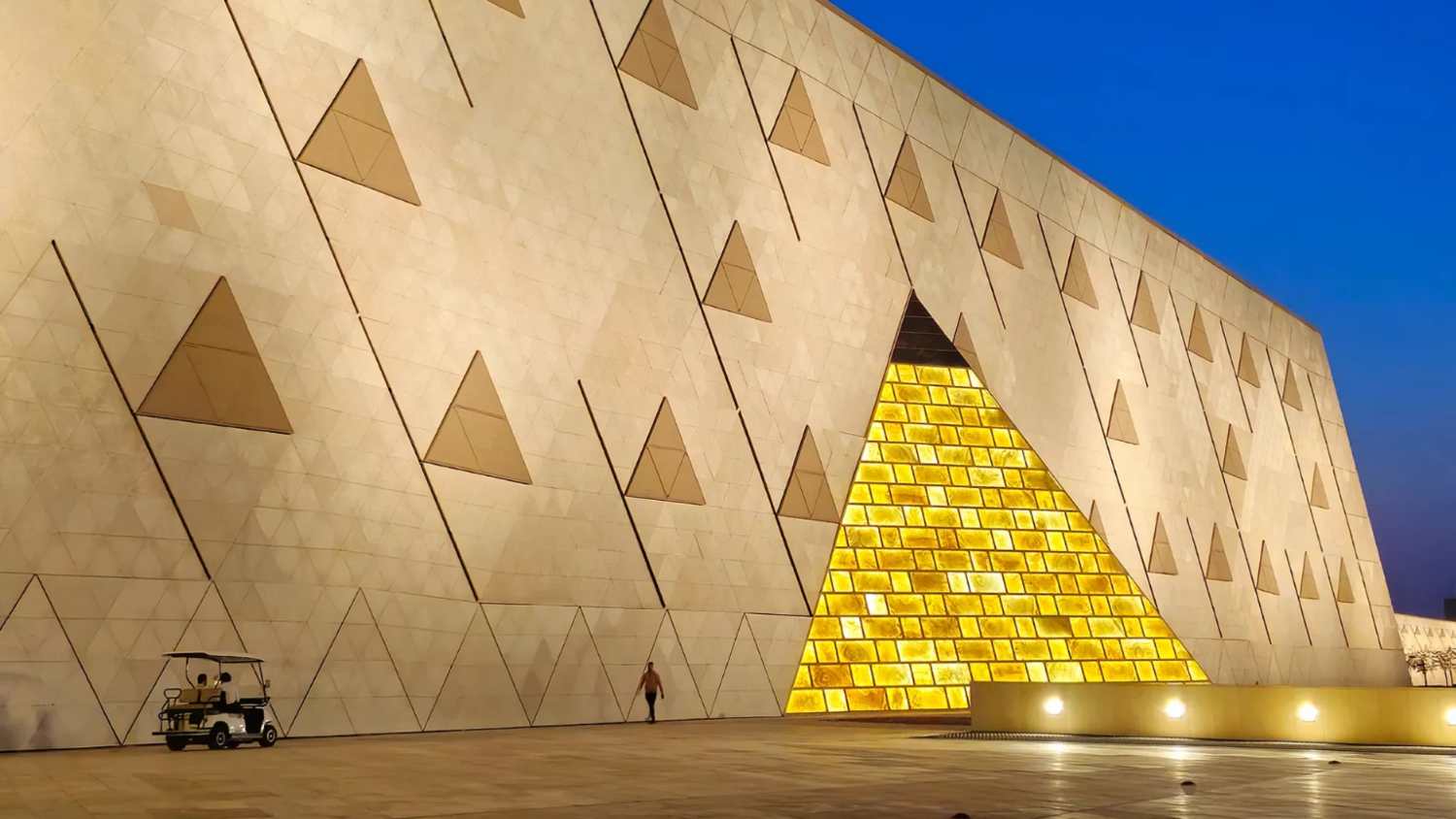Did you know that in South India, the Pongal festival holds greater significance for many in the Tamil community than even the widely celebrated Deepavali? You heard that right.
For the unfamiliar, Pongal is a four-day harvest festival during which Tamilars express their heartfelt gratitude to the Sun God, the Earth, and farm animals that play an important role in the agricultural cycle that has historically defined the region’s way of life. While Deepavali is also a joyous occasion, Pongal’s deep connection to Tamil agriculture and culture gives it a more profound resonance for many in the community.
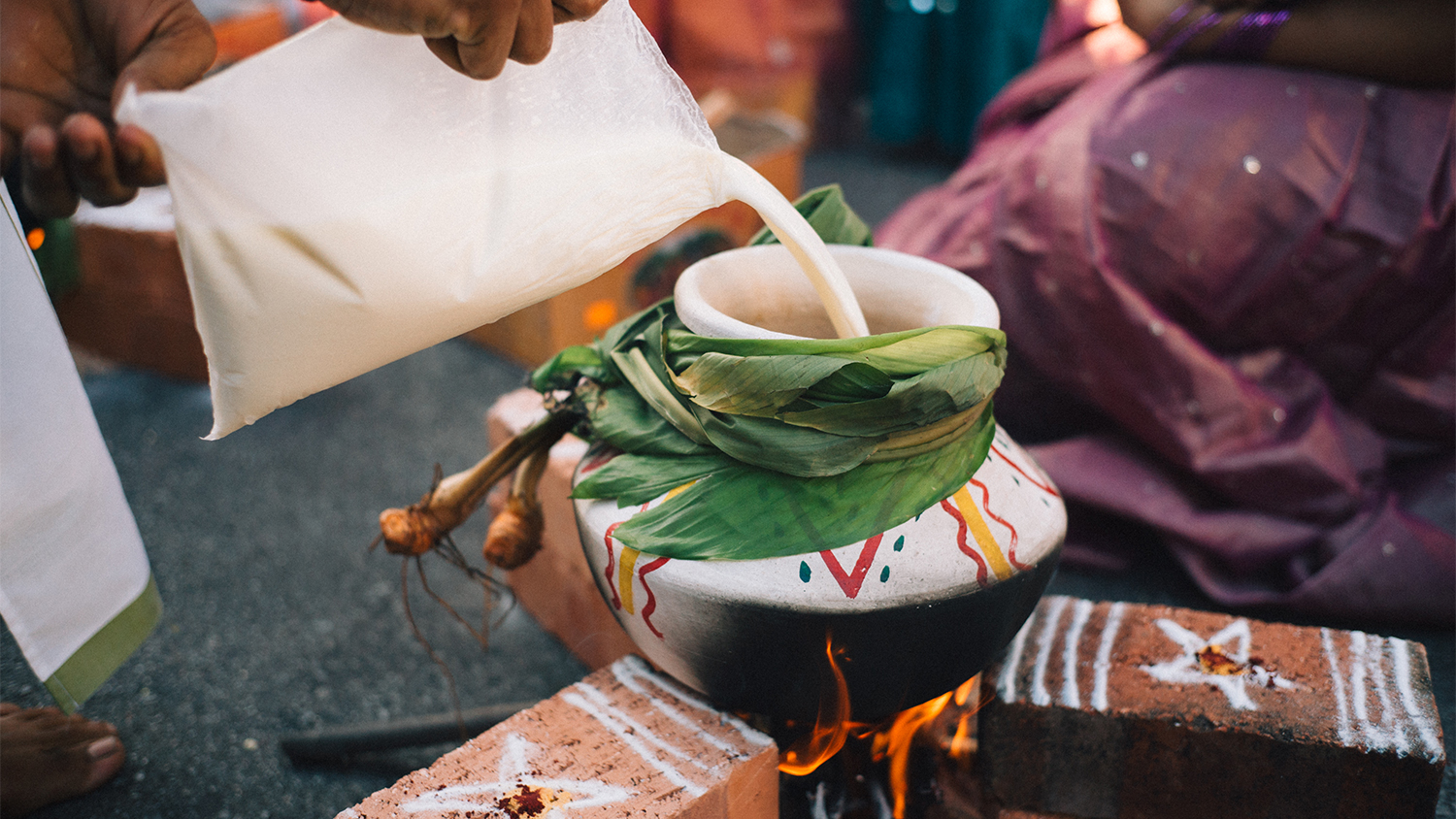
When is Pongal celebrated?
Pongal generally falls on January 14th or 15th each year, coinciding with the start of the auspicious Tamil month of Thai. A popular saying during this time is “Thai Pirandhal Vazhi Pirakkum,” meaning “the commencement of Thai opens the door to new opportunities.” This proverb underscores Pongal’s essence as both a celebration of the harvest that was and a hopeful prayer of future prosperity.
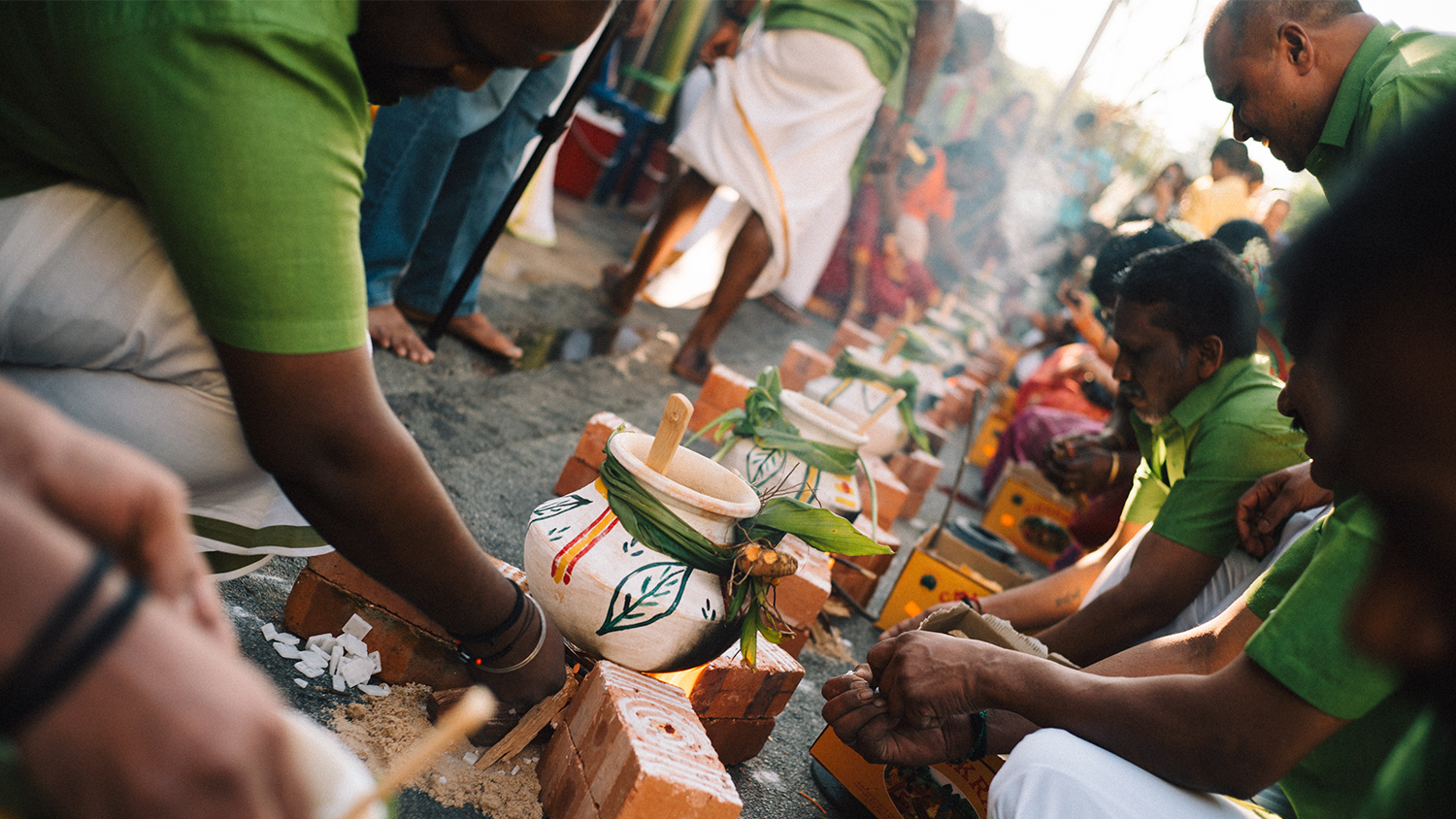
Is Pongal only celebrated in India?
Not at all. The spirit of Pongal travels far and wide with the Tamil diaspora. A prime example is Malaysia, home to a significant Tamil community. Descendants of those who migrated during the British colonial era passionately preserve their cultural identity, and Pongal is a major highlight of their proud heritage. If you happen to be in Brickfields, Kuala Lumpur – also known as the city’s Little India – in the middle of January, you’ll be swept away by the sights, sounds, and delicious aromas of Pongal.
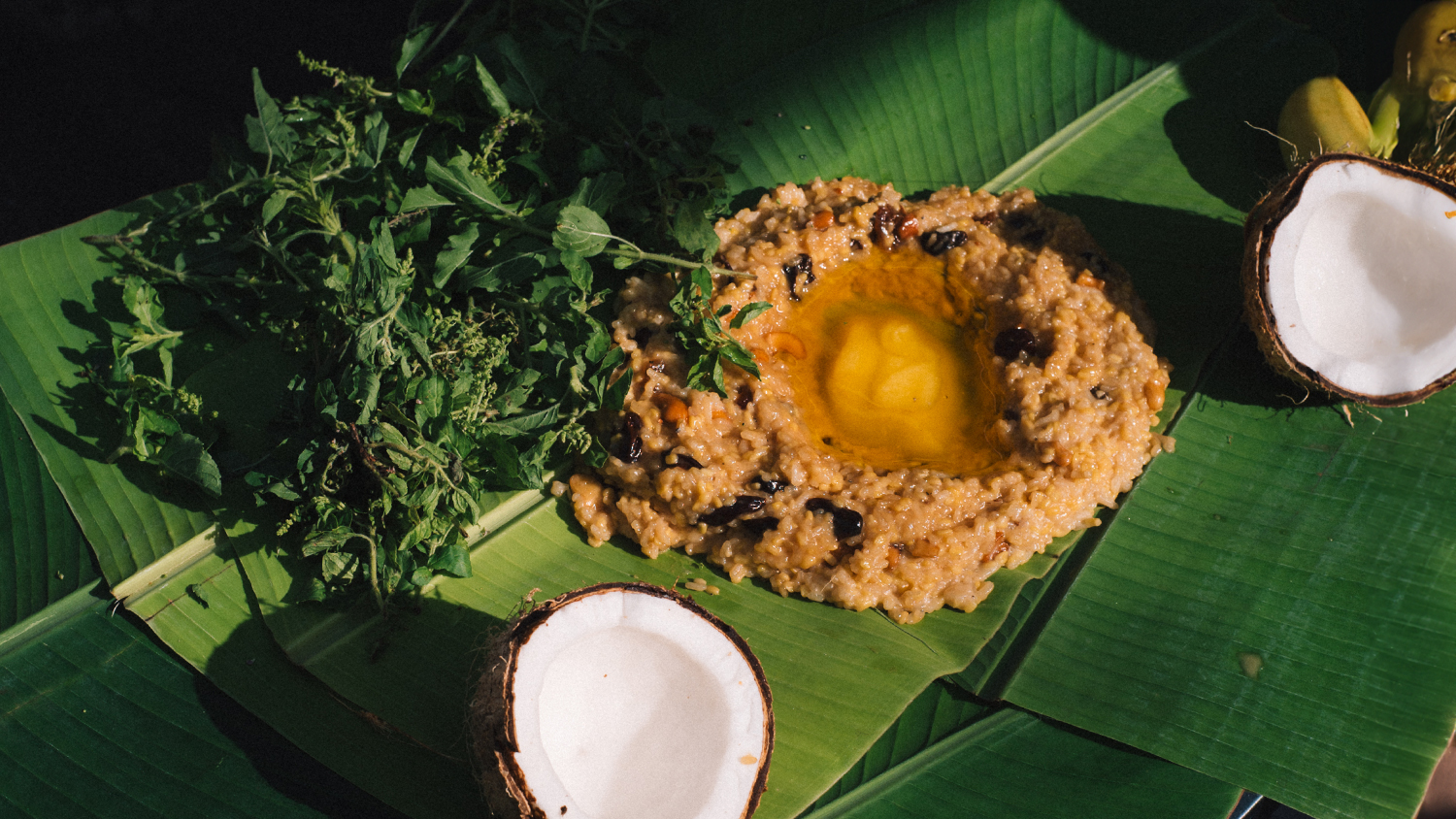
Pongal celebrations in Brickfields, Malaysia
Even though it is thousands of kilometers from Pongal’s birthplace in South India, the Tamil community in Brickfields passionately keeps the festival’s traditions alive. Outside the temples, families gather to set up earthen pots, known as pongal பானை (paanai), over fires. Sugarcane stalks stand tall, symbolising the sweetness of the harvest to come.
Each element carries a unique meaning: the pot represents prosperity, the fire signifies purity, and the sugarcane embodies the sweetness of life. A spirit of camaraderie fills the air as people from all walks of life work together, their hands expertly preparing the ingredients for the ceremonial Pongal dish – a special sweet rice made with jaggery, and milk, and fragranced with a pinch of cardamom and other spices.
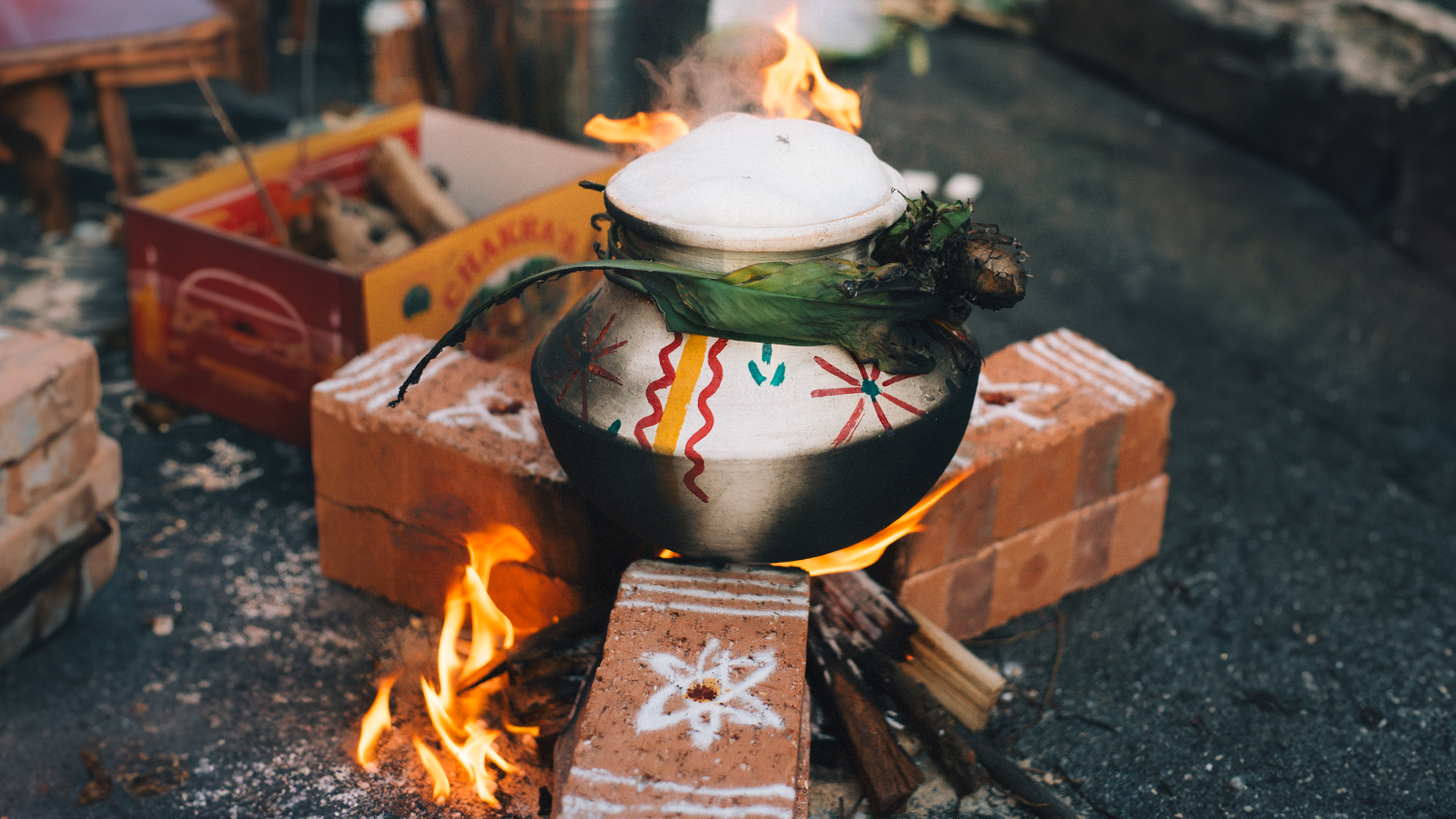
The air thickens with excitement when the milk within the pots begin to bubble. Fittingly, the very name ‘Pongal’ is derived from the Tamil word ‘pongu,’ meaning ‘to boil over.’ As the milk surges upwards, overflowing the rim in a creamy cascade, a joyous chorus erupts, “Pongalo Pongal.”
The sound vibrates through the crowd, a tangible expression of shared joy and hope, mirroring the abundance symbolised by the overflowing milk. The direction in which the milk overflows is believed to foretell the nature of the new year, with an eastward flow signifying particularly auspicious tidings.
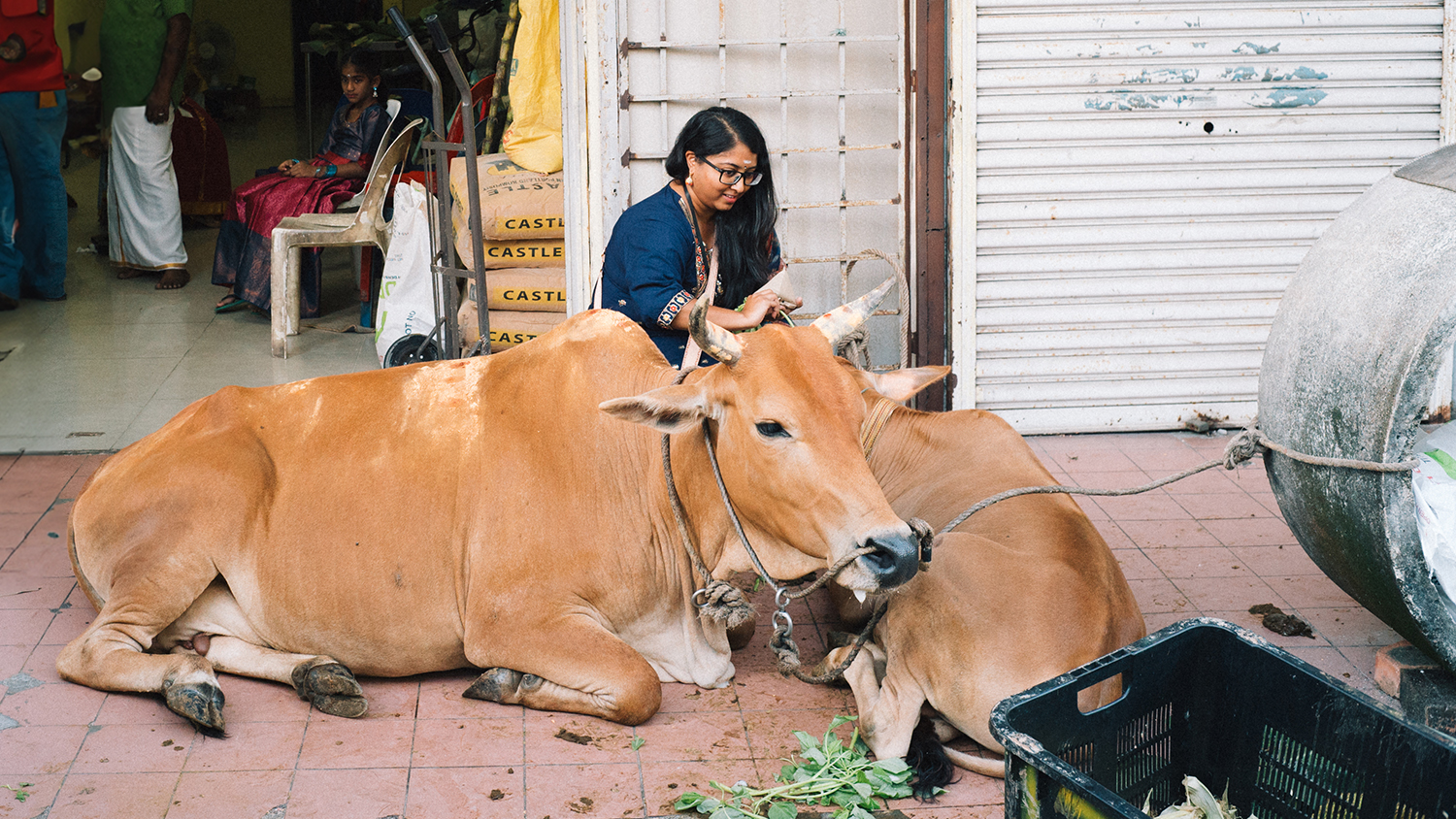
How is Pongal celebrated over four days?
Each day of Pongal has its own special focus. The first day, Bhogi Pongal, is about letting go of the old to make way for the new. Old belongings are discarded and burned, symbolising a fresh start. Thai Pongal, the heart of the festival, is the day the ceremonial Pongal dish is cooked in new clay pots, and prayers are offered to the Sun God.
On the third day, Maatu Pongal, the focus shifts to honouring cattle, which are adorned with garlands and given special treats in recognition of their essential role in agriculture. The final day, Kaanum Pongal, is a time for social gatherings, with families and friends visiting one another to share the joy of the harvest season.
Whether celebrated in its traditional heartland or within the vibrant Tamil diaspora, as seen in Brickfields, Pongal continues to be a time to honour the past, celebrate the present, and look forward to a new year filled with blessings.
Images by Imran Sulaiman


